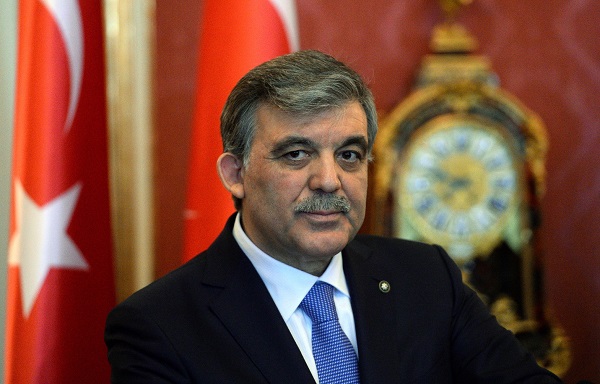Gul Says Oppressing Kurds a ‘Mistake’
\n
\n
\n
\n\n
Turkish President Abdullah Gul
\n
\n
COPENHAGEN, Denmark—Speaking to Danish newspaper Politiken on Saturday, Turkish President Abdullah Gul said Turkey’s policies towards the country’s Kurdish population have been a mistake.
\n
\n
“I’m brave enough to admit mistakes,” Gul told the newspaper, referring to Turkey’s prohibition of Kurds’ right to speak their own language or to express any Kurdish culture in Turkey, among other oppressive measures that have been implemented against the Kurds for decades.
\n
Instead, Gul said that Kurds in Turkey must be afforded democracy if Turks want peace and control in that region of the country.
\n
“The Kurdish question is about the democratic level. If you raise it, then the problems will fix themselves. If you take away all the reasons to fight, it is clear that the people will be with you,” he told Politiken.
\n
In his interview, Gul also underlined Turkey’s good relations with Iraqi Kurds, calling them “close relatives” of the Turks. Indeed, Turkey has been providing Iraq’s Kurds with supplies, support, and developmental aid, winning favor with that region’s Kurdish leaders. This approach has been widely condemned by Kurdish leaders in Turkey, who point to the obvious “divide and conquer” strategy it reveals.
\n
Many journalists, especially from the pro-Kurdish media, have been arrested in Turkey, highlighting another blot on Turkey human rights record concerning the Kurds. The Turkish president admits problems with the press, while stressing that the press must be free.
\n
“Everyone in this country is free to write and publish, criticize or write their opinions freely. Even those with the toughest positions can freely publish and express their opinions,” Gul told the Danish newspaper.
\n
That statement might be quite the overstatement, however, considering that Turkey was named the world’s number one jailer of journalists for the second consecutive year this year by the New York-based Committee to Protect Journalists.
\n
Daniella Kuzmanovic, associate professor and Turkey expert at the University of Copenhagen, told Iraqi Kurdish news agency Rudaw that Gul’s statements represent a break with Turkey’s official position, held until the 1990s, that the Kurdish problem was not caused by democratic problems, but socio-economic factors.
\n
“Before, Turkish politicians used to say that the problem would be solved by improving the economy. Now, Gul is emphasizing that the Kurdish issue is solved with more democracy,” she told Rudaw.
\n
According to Sardar Sharif, a PhD researcher in international relations at the University of Dohuk, Gul’s statements must be understood in light of the forthcoming local elections in Turkey on March 30.
\n
“Kurdish areas are on AKP (the ruling Justice and Development Party) focus, and Gul’s political statement at this time appears more as a political maneuver to capture Kurdish voters. Another issue is that AKP also now uses its political relations with the Kurdistan Region of Iraq in these elections, which is quite understandable,” he said.
\n
Commenting on the Turkish President’s divergent rhetoric, the Executive Director of the Armenian National Committee of America, Aram Hamparian, said: “President Gul’s claim to courage in facing up to Turkey’s sins clearly does not extend to an acknowledgment of the Armenian Genocide, much less the willingness of his denialist government to accept its moral and legal responsibilities by agreeing to submit to a truthful, just, and comprehensive international resolution of this still unpunished crime against the Armenian nation.”
\n
The chairman of the American Mesopotamian Organization, David William Lazar, said President Gul “admits to Turkish past mistakes towards the Kurds, but [he and his] government would not admit to the Genocide that destroyed three nations.”
\n
\n

